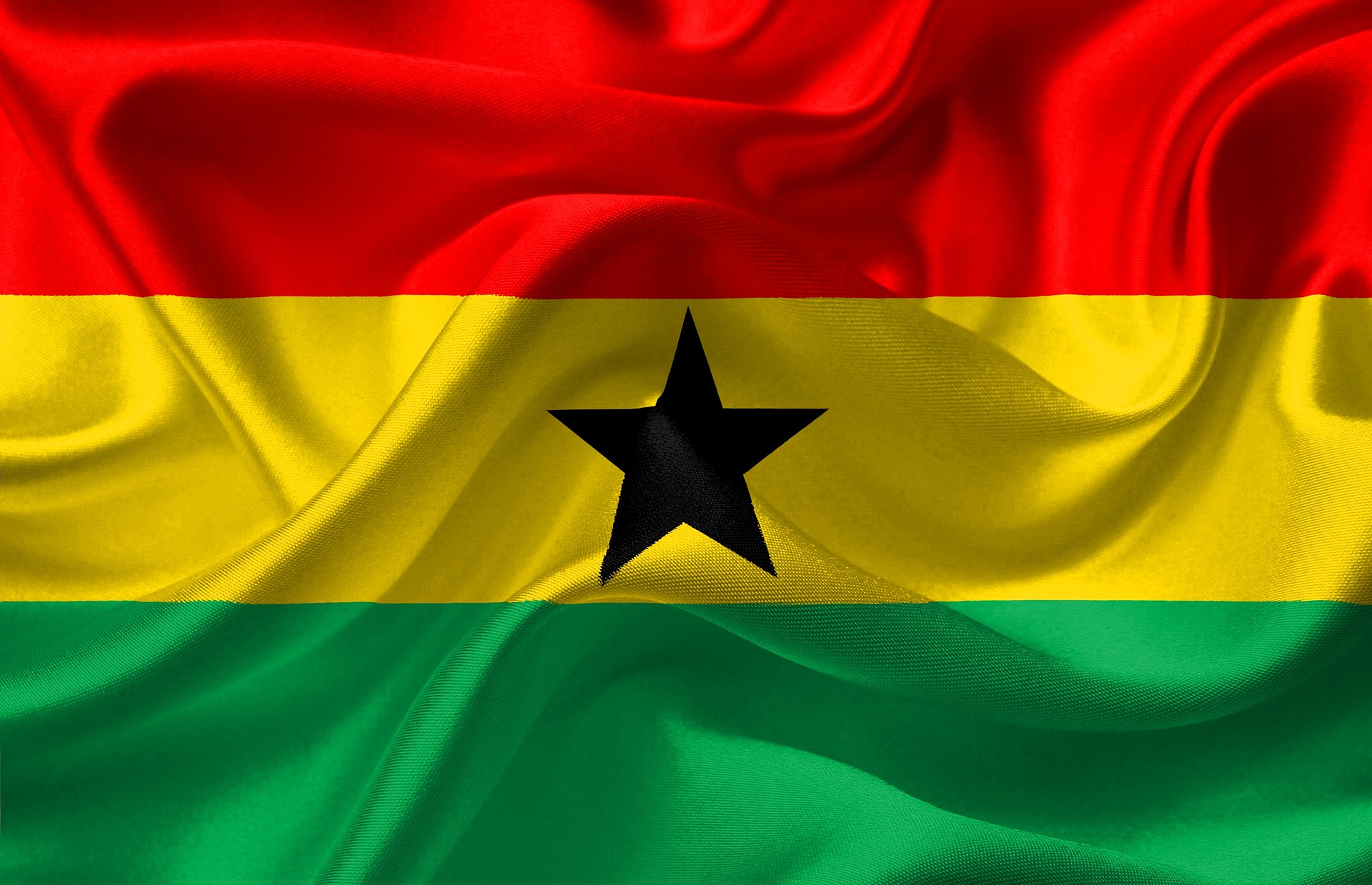JUDGE FOR YOURSELF; WHO FOUNDED GHANA? NKRUMAH VERSUS THE UGCC (PART 4)
It's part four and the final write up on Nkrumah versus the UGCC.
In the previous article, we saw how the friction between Nkrumah and the UGCC leadership had escalated even to the point of blaming Ako Adjei for suggesting Nkrumah as the general secretary of the party. Nkrumah was also blamed for inciting the riots that led to their detainment.
However, the rift between Nkrumah and the UGCC leaders became more noticeable after their release in April 1948.
During their imprisonment, there had been demonstrations in their support in various parts of the country and as a result, a number of pupils and teachers have been suspended from their schools. Nkrumah discussed the problem with the UGCC committee but the committee did not give him their support.
After the meeting, he set up the first Ghana National College but because the committee did not give him the needed support, he used his own salary to hire a hall, to buy boards and kerosene tins to facilitate teaching. The sacked teachers offered to work for no salary. Nkrumah imbued them with his fiery enthusiasm, and spoke of his goal of establishing such colleges all over the country.
In August that same year, Nkrumah asked for a meeting to discuss the working of the UGCC, to his surprise, the committee confronted him with a number of charges - including the founding of the Ghana National College, which they said justified their demand for his resignation because he has acted without the full authority of the committee. The dispute simmered on. Some of the committee members thought Nkrumah might be too dangerous as an opponent and suggested that, as a compromise, he should remain as an honorary treasure. This he later accepted.
Nkrumah later suggested the setting up of a newspaper to spread their political ideas, but Danquah and his colleagues rejected the idea so he set up his own newspaper called The Accra Evening News, with Komla Gbedemah as his editor.
As the news paper was gaining immense popularity for Nkrumah, his close colleagues, Gbedemah and Kojo Botsio were working so hard to set up a nationwide youth organization. This was initially part of the UGCC, but as it becausemore radical in its views, a rift developed between it and the UGCC hierarchy.
Gbedemah organised the Youth and they met in his house to be thought. The youth movement developed into the Committee on Youth Organization (CYO). Encouraged by Nkrumah, it adopted the slogan 'Self Governance Now', which outwit the UGCC's 'Self Governance within the shortest possible time'. Gbedemah's outstanding organizing ability helped the CYO gained momentum. He organised a number of meetings that saw Nkrumah talking to those packed audience.
Meanwhile, the rift between Nkrumah and the UGCC leadership began to widen as the CYO gained more power. One day, Nkrumah visited the northern territories and he was treated like a Chief. It was then that he promised he would turn the Gold Coast into a paradise in ten years.
In June 1949, Nkrumah called a CYO conference at the mining town of Tarkwa. Two issues were debated: the possible effect of Nkrumah's expected sacking by the UGCC and whether the CYO should break away and form a separate political party under Nkrumah's leadership. But Nkrumah knowing his total estrangement from the views of Danquah and the UGCC, strongly urged a complete break. He chose the name Convention People's Party (CPP).
This brings me to the end of the 'Nkrumah versus the UGCC' write up and opens up for the next topic on Nkrumah'sversus break away to form the CPP.
Catch you later.
